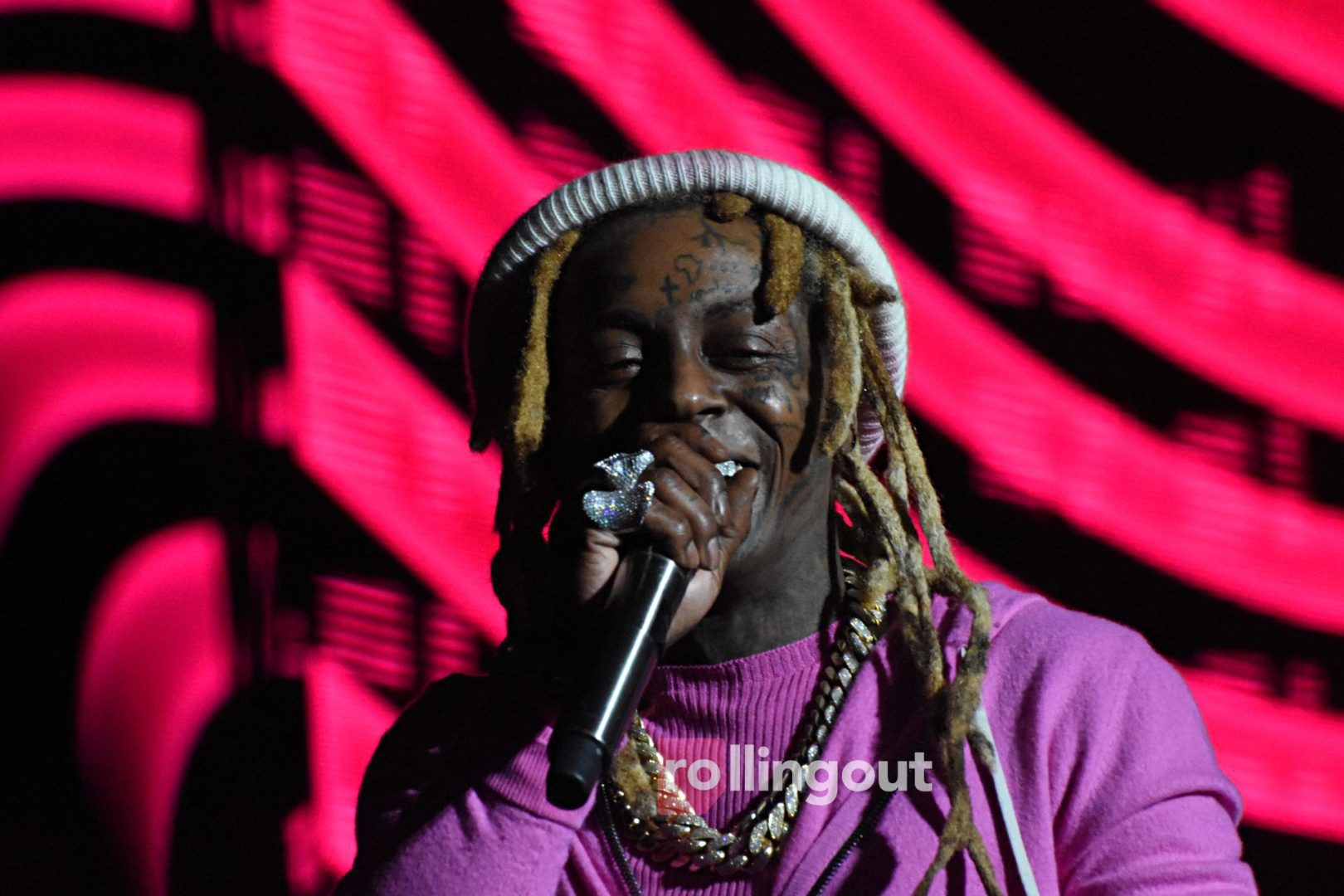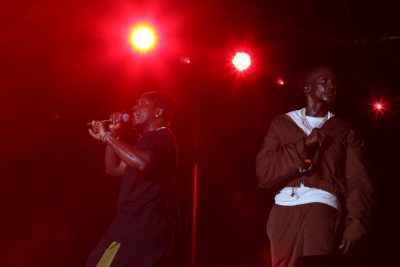In a surprising turn of events, Lil Wayne found himself at the center of a social media storm after expressing support for former NFL coach Bill Belichick’s move to the University of North Carolina. The December 12 post, intended as a straightforward show of respect, instead reopened wounds from an ongoing dispute with Kendrick Lamar fans, highlighting deeper tensions within the hip-hop community. The veteran rapper’s comments about Belichick’s transition from the NFL to collegiate coaching sparked an immediate reaction, bringing to light underlying issues that had been simmering beneath the surface of the hip-hop landscape.
Understanding the conflict’s origin
The roots of this controversy stretch back to Wayne’s reaction to Super Bowl LVIII’s halftime show announcement. When Kendrick Lamar was selected as the headliner for the 2025 performance, Wayne’s public expression of disappointment marked the beginning of a complex relationship between the two artists. The Grammy-winning rapper shared his emotional response on social media, describing feelings of personal letdown and missed opportunities. This initial reaction set the stage for what would become a more significant discussion about recognition and respect within the industry. Wayne’s emotional disclosure resonated with many fans who understood his perspective, while others viewed it as an unnecessary display of competitiveness in an already divided industry.
The social media explosion
Wayne’s support for Belichick prompted immediate backlash from Lamar’s fanbase, who pointed out perceived inconsistencies in Wayne’s approach to celebrating others’ successes. The online community quickly drew parallels between Wayne’s current positivity towards Belichick and his previous reluctance to support Lamar’s achievements. Social media platforms became battlegrounds where fans dissected every word and intention behind Wayne’s statements, creating a snowball effect that drew in casual observers and industry insiders alike. The incident highlighted how quickly social media can amplify and transform seemingly innocuous comments into full-blown controversies.
Musical responses and industry impact
Lamar addressed the situation in his latest album GNX, incorporating subtle references to the tension in his lyrics. The album’s release added another layer to the ongoing narrative, with Lamar expressing disappointment in the lack of support from his peers, save for Nas’s congratulations. The musical response elevated the conflict from social media drama to artistic expression, demonstrating how industry tensions can influence and shape creative output. Industry analysts noted how this exchange exemplified the growing trend of artists using their music as platforms for addressing personal and professional grievances, creating a new dimension of authenticity in hip-hop storytelling.
The aftermath and industry implications
The incident has sparked broader discussions about support and recognition within the hip-hop community. Despite reported attempts at private reconciliation, the situation remains unresolved, with both artists’ camps maintaining their positions. This standoff reflects larger industry dynamics around competition, respect, and generational differences in hip-hop. The controversy has led to important conversations about mentorship, support systems, and the evolution of relationships between established and emerging artists in the genre. Industry veterans have weighed in on the situation, emphasizing the need for unity and mutual respect in an increasingly competitive music landscape.
Moving forward
As both artists continue their respective careers, the industry watches closely for signs of resolution or escalation. The situation serves as a catalyst for discussions about unity and support within hip-hop, particularly as the genre continues to evolve and new generations of artists emerge. The incident has prompted many artists to reflect on their own roles in fostering a more supportive industry environment. Music industry experts suggest that this situation could lead to positive changes in how artists interact with and support one another, potentially establishing new norms for industry relationships and public communications.














